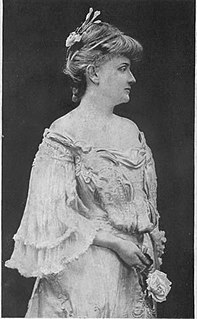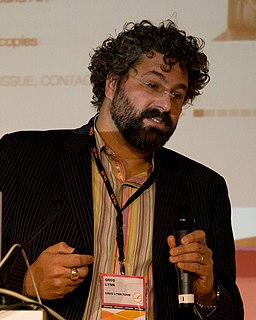A Quote by Bertrand Russell
The reformative effect of punishment is a belief that dies hard, chiefly I think, because it is so satisfying to our sadistic impulses.
Related Quotes
I think when we talk about corporal punishment, and we have to think about our own children, and we are rather reluctant, it seems to me, to have other people administering punishment to our own children, because we are reluctant, it puts a special obligation on us to maintain order and to send children out from our homes who accept the idea of discipline. So I would not be for corporal punishment in the school, but I would be for very strong discipline at home so we don't place an unfair burden on our teachers.
We live in a world, it's very hard for Americans to understand that every 20 seconds a kid dies, a kid under the age of five, right, dies somewhere on the Earth because of lack of access to clean water and sanitation. Every 20 seconds that happens on our planet. It's just very hard for us to relate to.
the myth of childhood happiness flourishes so wildly not because it satisfies the needs of children but because it satisfies the needs of adults. In a culture of alienated people, the belief that everyone has at least one good period in life free of care and drudgery dies hard. And obviously you can't expect it in your old age. So it must be you've already had it.
When we do align with it, we thrive. And when we do not, we suffer. This is not "punishment." It is merely the Law of Cause and Effect. With each thought we think, we either align with universal love, or we disconnect ourselves from it. Whichever is our choice determines whether we then feel connected to, or disconnected, from our own true Selves.
Weakness is a great thing, and strength is nothing. When a man is just born, he is weak and flexible. When he dies, he is hard and insensitive. When a tree is growing, it's tender and pliant. But when it's dry and hard, it dies. Hardness and strength are death's companions. Pliancy and weakness are expressions of the freshness of being. Because what has hardened will never win.
Nothing can tell us so much about the general lawlessness of humanity as a perfect acquaintance with our own immoderate behavior. If we would think over our own impulses, we would recognize in our own souls the guiding principle of all vices which we reproach in other people; and if it is not in our very actions, it will be present at least in our impulses. There is no malice that self-love will not offer to our spirits so that we may exploit any occasion, and there are few people virtuous enough not to be tempted.
If the heart be chiefly and directly fixed on God, and the soul engaged to glorify him, some degree of religious affection will be the effect and attendant of it. But to seek after affection directly and chiefly; to have the heart principally set upon that; is to place it in the room of God and his glory. If it be sought, that others may take notice of it, and admire us for our spirituality and forwardness in religion, it is then damnable pride; if for the sake of feeling the pleasure of being affected, it is then idolatry and self-gratification.



































